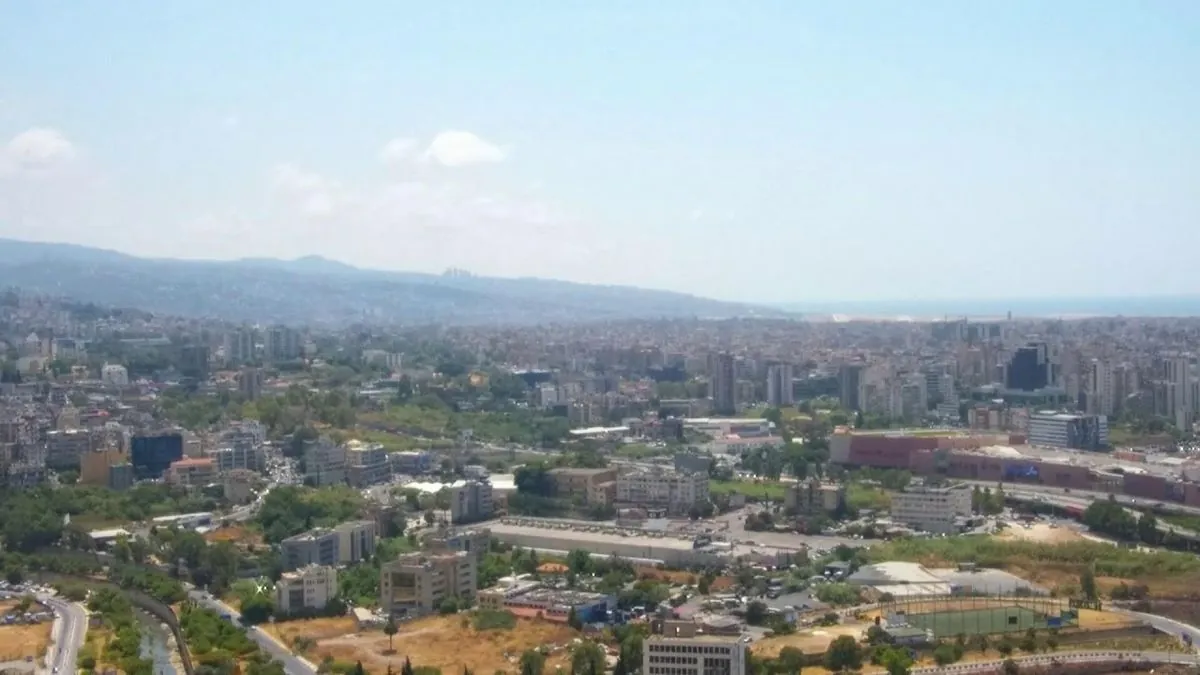Senior Hezbollah Commander Allegedly Killed in Israeli Strike
Ibrahim Aqil, a top Hezbollah leader linked to the 1983 US embassy bombing in Beirut, was reportedly killed in an Israeli airstrike. The incident marks an escalation in tensions between Israel and the Lebanon-based group.

A significant development has occurred in the ongoing conflict between Israel and Hezbollah. Ibrahim Aqil, a senior commander of the Lebanon-based militant group, was reportedly killed in an Israeli airstrike in Beirut's southern suburbs on September 13, 2024. This event marks a notable escalation in the tensions that have been simmering since October 2023.
Aqil, also known as Tahsin, held a prominent position within Hezbollah's hierarchy. He was believed to be the second-in-command of the organization's armed forces, answering only to Fuad Shukr. The US State Department had placed a $7 million bounty on Aqil's head, underscoring his significance as a target.
The alleged assassination of Aqil is part of a series of strikes that appear to be targeting Hezbollah's leadership. In July 2024, Fuad Shukr was killed in a similar airstrike in Beirut, elevating Aqil's position within the organization. These targeted strikes suggest a concerted effort by Israel to dismantle Hezbollah's command structure.
Aqil's involvement in Hezbollah's activities dates back to the 1980s. He was reportedly a key figure in the Islamic Jihad Organization (IJO), a precursor to Hezbollah that was active during the Lebanese Civil War. The IJO claimed responsibility for the devastating bombing of the US Embassy in Beirut on April 18, 1983, which resulted in 63 fatalities, including 52 American and Lebanese employees.

The impact of that attack was profound, marking the single greatest loss of life in the CIA's history with eight officers killed. Five months later, on October 23, 1983, the IJO carried out another suicide bombing targeting the US Marine Corps barracks, claiming 241 American lives. These attacks, which Aqil is believed to have helped orchestrate, significantly shaped US foreign policy in the region.
"Ibrahim Aqil was a principal member of the Islamic Jihad Organization, responsible for numerous terrorist attacks and the taking of US and German hostages in Lebanon throughout the 1980s."
The recent escalation between Israel and Hezbollah has taken a new turn with the use of unconventional tactics. On September 10 and 11, 2024, thousands of pagers, walkie-talkies, and other devices belonging to Hezbollah simultaneously detonated in twin attacks, resulting in at least 37 fatalities and over 3,000 injuries. This unprecedented method of attack has raised concerns about the evolving nature of the conflict.
In response to these events, Hassan Nasrallah, Hezbollah's Secretary-General since 1992, vowed retribution against Israel. Conversely, Israeli Defense Minister Yoav Gallant declared that Hezbollah would face "increasing price" for its actions. These statements suggest that the region may be on the brink of further escalation.
The ongoing conflict between Israel and Hezbollah is rooted in a complex history. Hezbollah, founded in 1985 as a response to the Israeli occupation of southern Lebanon, has since grown into a significant political and military force in Lebanon. The organization maintains an extensive social services network and holds seats in the Lebanese parliament, while also operating a military wing estimated to have around 25,000 active fighters.
As tensions continue to rise, the international community watches closely. The potential for further retaliation and conflict between Israel and Hezbollah remains high, with implications that could extend beyond the immediate region.


































